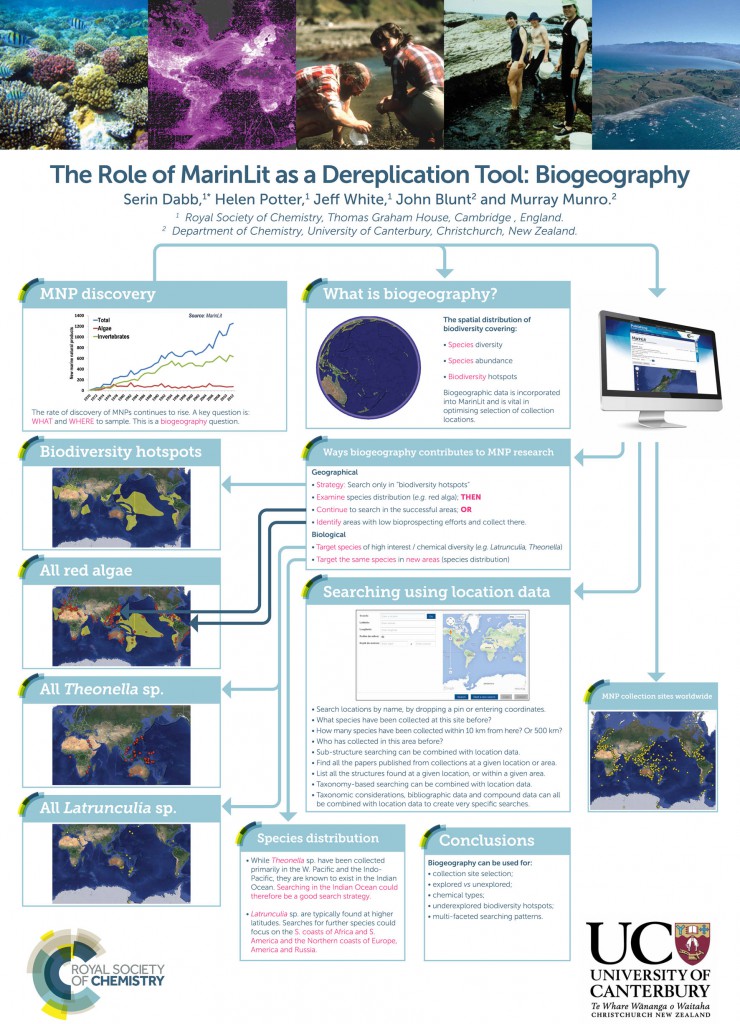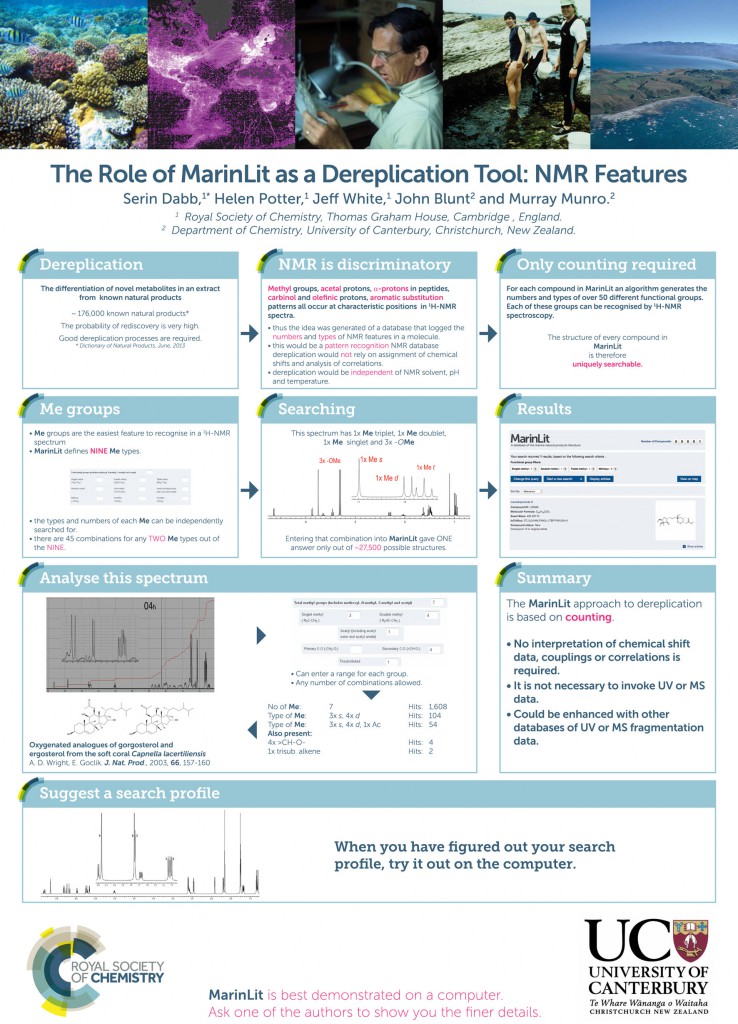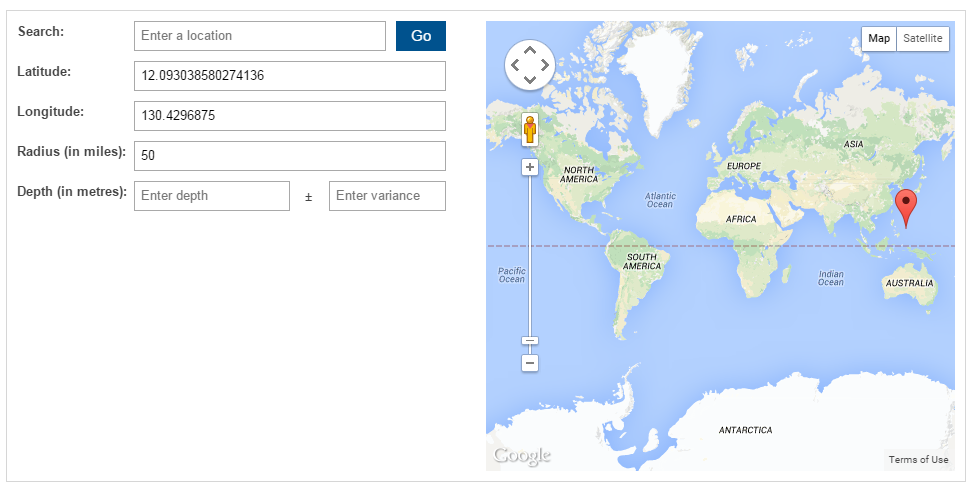What is MarinLit?
MarinLit is a database dedicated to Marine Natural Products (MNP) research. This database was established in the 1970’s by two MNP Professors John Blunt and Murray Munro at the University of Canterbury, New Zealand. It was designed as an in-house system to fulfil the needs of the University of Canterbury Marine Group and has been developed to contain searchable features that are unique. The extremely comprehensive range of data contained along with these powerful features makes MarinLit the database of choice for MNP chemists.
How does the acquisition of MarinLit fit into the Royal Society of Chemistry’s broader strategy?
MarinLit is an excellent strategic fit for the Royal Society of Chemistry. It is used by marine natural products scientists around the world and provides an excellent strategic fit with the rest of our publishing portfolio and expands our natural product portfolio which includes Natural Product Reports and Natural Product Updates, and will complement existing products such as ChemSpider.
What changes can MarinLit users expect to see?
The Royal Society of Chemistry will continue to support and enhance MarinLit, our first development will be to produce a web based version, which will be ready in early 2014. Your experience will remain the same, you can expect the same great dedication as you always have from the MarinLit team. For all intents and purposes, it’ll be business as usual.
What are the future plans for MarinLit?
The Royal Society of Chemistry will work closely with John and Murray to develop MarinLit to ensure the same level of cutting edge functionality is offered to subscribers. In fact, one of the reasons John and Murray were keen to collaborate with us was they felt confident we could support planned functionality developments – such as creating a web based version which will be launched early 2014.
What will web MarinLit mean for the existing Foxpro database version?
The Royal Society of Chemistry will continue to provide data updates for a short period while customers switch to the web version. This timeframe is still under discussion; please contact us directly if this affects you.
I’m a MarinLit customer, will my access to MarinLit or access to user support change?
No, the way you use Marinlit is unchanged; continued support will to be provided by the Royal Society of Chemistry.
I’m a MarinLit customer, will my MarinLit licence costs change in the future?
Your MarinLit licence terms are guaranteed for the duration of the licence period that you’ve purchased.
How can I access web MarinLit?
The web version of MarinLit is available at http://pubs.rsc.org/marinlit/
I have questions that aren’t answered here.
For any questions regarding renewing an existing subscription or setting up a new subscription, please email sales [at] rsc.org For any other questions regarding MarinLit, please contact marinlit [at] rsc.org
Comments Off on Want more information on Royal Society of Chemistry’s acquisition of MarinLit?













